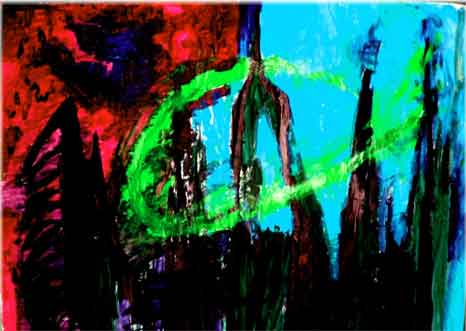The 20th century has witnessed several attempts to build parts of mathematics on grounds other than those provided by classical logic. The original intuitionist renderings of set theory, arithmetic, analysis, etc. were later accompanied by those based on relevant, paraconsistent, contraction-free, modal, and other non-classical logics. The subject studying such theories can be called non-classical mathematics, i.e., the study of any part of mathematics that is, or can in principle be, formalized in some logic other than classical. This special session at the 2010 UniLog World Congress is a follow-up to the conference on Non-Classical Mathematics that was held in Hejnice, Czech Republic, in June 2009.
The scope of interest of this special session contains, but is not limited to the following topics:
* Intuitionistic, constructive, and predicative mathematics: Heyting arithmetic, intuitionistic set theory, topos-theoretical foundations of mathematics, constructive or predicative set and type theories, pointfree topology, etc.
* Substructural and fuzzy mathematics: relevant arithmetic, contraction-free naïve set theories, axiomatic fuzzy set theories, fuzzy arithmetic, etc.
* Inconsistent mathematics: calculi of infinitesimals, inconsistent set theories, etc.
* Modal mathematics: arithmetic or set theory with epistemic, alethic, or other modalities, modal comprehension principles, modal treatments of vague objects, modal structuralism, etc.
* Alternative classical mathematics: alternative foundational theories over classical logic, non-standard analysis, etc.
* Topics related to non-classical mathematics: metamathematics of non-classical or alternative mathematical theories, their relative interpretability, etc.
Special Session
Organized by Libor Behounek and Petr Cintula
Czech Academy of Science
Abstracts for this special session should be submitted by email
to ncm@cs.cas.cz by October 15 2009
